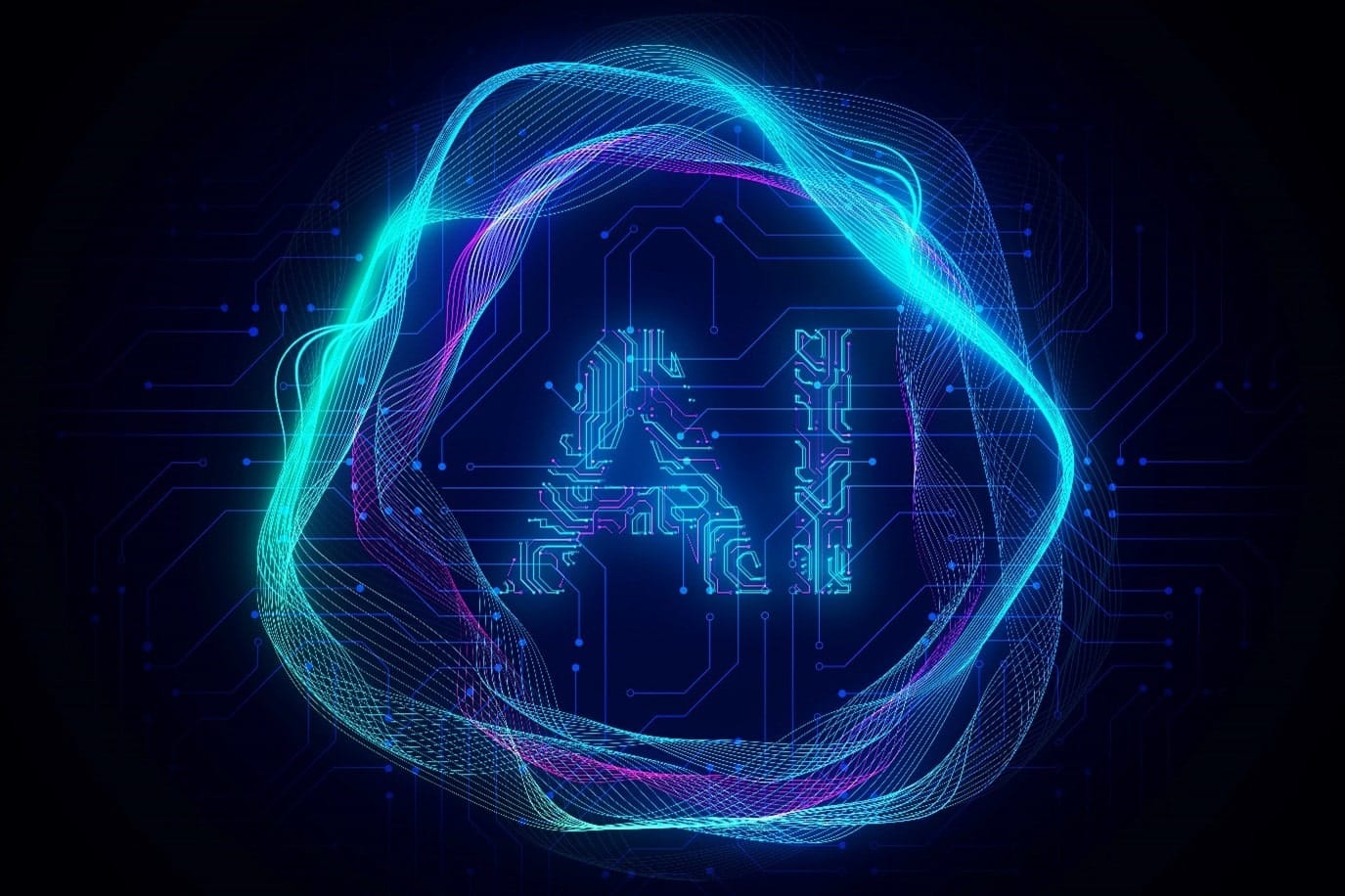AI Agile: Supercharge Development Sprints Through Intelligent Workflow Automation
Supercharge development sprints with AI Agile methodologies. Optimize workflows, boost team productivity, and gain data-driven insights for superior software delivery.

The relentless pressure to deliver software faster and more efficiently demands a paradigm shift in how development teams operate. AI Agile methodologies are emerging as a critical enabler, promising to revolutionize sprint cycles and boost overall productivity. This isn't just about adding AI as an afterthought; it's about fundamentally rethinking how AI can be integrated into every stage of the agile process, from sprint planning to retrospective analysis.
Evolving Agile: Data-Driven Sprint Planning with AI
Traditional sprint planning often relies on estimations based on past performance and team experience. While valuable, these estimations are inherently subjective and prone to inaccuracies. AI-powered sprint planning offers a more data-driven approach. By analyzing historical sprint data, including task completion times, bug reports, and code complexity metrics, AI algorithms can generate more accurate workload predictions.
Imagine an AI system that automatically identifies potential bottlenecks based on past sprint data. For instance, if a particular team member consistently struggles with tasks involving a specific technology, the AI can suggest reallocating tasks or providing additional support. This proactive approach can significantly reduce the risk of sprint delays and improve overall team performance. Furthermore, AI can help to optimize task dependencies, ensuring that critical tasks are prioritized and completed in the most efficient order. GitScrum can be integrated into these AI-powered workflows, providing a central hub for task management and sprint tracking.
- Predictive Analytics: Forecasting sprint capacity and identifying potential risks.
- Resource Allocation: Optimizing task assignments based on individual skills and availability.
- Dependency Management: Automating the identification and prioritization of task dependencies.
Intelligent Task Management for Agile Teams
Beyond sprint planning, AI can also enhance task management within individual sprints. An AI-driven task management system can automatically prioritize tasks based on their urgency, impact, and dependencies. This ensures that developers are always working on the most critical tasks, maximizing their productivity.
Furthermore, AI can provide real-time feedback on task progress, identifying potential delays or roadblocks early on. For example, if a developer is struggling with a particular task, the AI can suggest relevant documentation, code examples, or even connect them with a more experienced team member. GitScrum provides the platform where these AI insights can be visualized and acted upon, ensuring seamless task execution and sprint completion. Consider a scenario where an AI detects a surge in bug reports related to a specific feature. It could automatically flag this issue for immediate attention and assign it to the appropriate developer, preventing further complications.
AI algorithms can also analyze code commits to identify potential bugs or security vulnerabilities. This proactive approach can significantly reduce the number of bugs that make it into production, improving the overall quality of the software. By integrating AI into the development workflow, teams can catch errors earlier and resolve them more efficiently.
Automated Retrospectives: Uncovering Deeper Insights
Retrospectives are a crucial part of the agile process, providing an opportunity for teams to reflect on their performance and identify areas for improvement. However, traditional retrospectives can be time-consuming and subjective. AI-powered retrospectives offer a more data-driven and objective approach.
By analyzing sprint data, including task completion times, bug reports, and communication logs, AI algorithms can identify patterns and trends that might otherwise go unnoticed. For example, the AI might identify a recurring issue that is consistently causing delays or bottlenecks. This information can then be used to develop targeted solutions and improve the team's overall performance. Imagine an AI system that automatically generates a summary of the key insights from each sprint, highlighting both successes and areas for improvement. This allows teams to focus their attention on the most important issues and develop concrete action plans. GitScrum's reporting features can be enhanced with AI-driven insights, providing a comprehensive view of sprint performance and identifying opportunities for optimization.
Moreover, AI can help to facilitate more productive and engaging retrospective meetings. By providing data-driven insights and facilitating open discussions, AI can help teams to identify and address the root causes of problems, leading to more effective solutions. This ultimately leads to a more efficient and collaborative development process.
Here's how AI can improve retrospectives:
- Sentiment Analysis: Gauging team morale and identifying potential sources of frustration.
- Performance Analysis: Identifying trends and patterns in sprint performance.
- Action Item Tracking: Ensuring that action items are followed up on and completed.
Leveraging AI in agile development not only streamlines processes but also empowers teams to make smarter, data-backed decisions. Integrating with project management tools like GitScrum is essential for maximizing the benefits of AI-driven insights.
The effective integration of AI into agile workflows requires careful planning and execution. Teams need to identify specific areas where AI can add the most value and develop clear goals and objectives. It's also important to ensure that the AI systems are properly trained and monitored to ensure that they are providing accurate and reliable insights. By taking a strategic approach to AI implementation, development teams can unlock significant gains in productivity, efficiency, and software quality.
Ready to transform your development process? Explore GitScrum to see how it can be the foundation for your AI-powered agile journey.
In conclusion, AI Agile represents a powerful evolution in software development. By leveraging the power of AI to automate tasks, improve decision-making, and enhance collaboration, teams can achieve significant gains in productivity and efficiency. Embrace AI Agile to future-proof your development process.